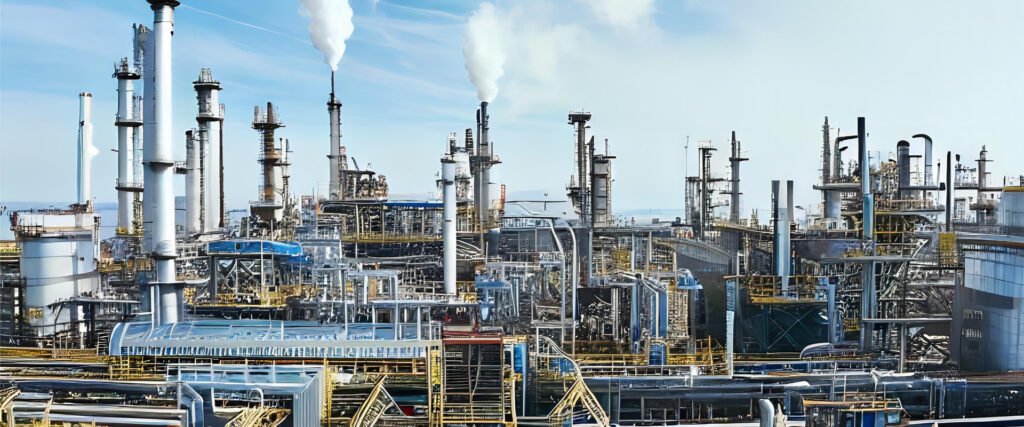Your cart is currently empty!
TEL:08615998857658

Antioxidant additives in lubricants
Antioxidant additives in lubricants are commonly used in lubricants to prevent or delay oxidation, which can lead to the degradation of the lubricant and the formation of harmful byproducts.
Description
| Antioxidant additives in lubricants are commonly used in lubricants to prevent or delay oxidation, which can lead to the degradation of the lubricant and the formation of harmful byproducts. Oxidation occurs when the lubricant reacts with oxygen, heat, or other reactive substances, leading to the breakdown of the lubricant’s molecular structure.
Antioxidant additives serve several purposes in lubricants: Preventing Oxidation: They inhibit or slow down the chemical reactions that lead to oxidation, thereby extending the lubricant’s lifespan and maintaining its effectiveness. Protecting Equipment: By preventing oxidation, antioxidants help preserve the lubricant’s ability to protect machinery components from wear, corrosion, and rust. Extending Lubricant Life: Antioxidants contribute to prolonging the operational life of the lubricant, reducing the frequency of necessary oil changes or maintenance intervals. Common antioxidant additives used in lubricants include: Phenolic Compounds: These compounds are effective antioxidants that interrupt the oxidation process by scavenging free radicals. Amine Compounds: They act as antioxidants and also as corrosion inhibitors, protecting metal surfaces from degradation. Zinc Compounds: Often used in combination with other antioxidants, zinc compounds help enhance the overall antioxidant performance of the lubricant. Phosphorus Compounds: These compounds function as antioxidants and anti-wear agents, providing both oxidative and mechanical protection to the equipment. The choice of antioxidant additives depends on the specific application, operating conditions, and the type of base oil used in the lubricant formulation. Different antioxidants may be combined to achieve synergistic effects and improve overall performance. Additionally, the proper concentration and compatibility of antioxidants with other additives in the lubricant are crucial to ensure optimal performance and prevent any adverse effects on the equipment. When selecting lubricants, especially for critical applications, it’s important to consider the manufacturer’s recommendations, industry standards, and the specific requirements of the machinery to ensure proper functioning and longevity. |







Reviews
There are no reviews yet.